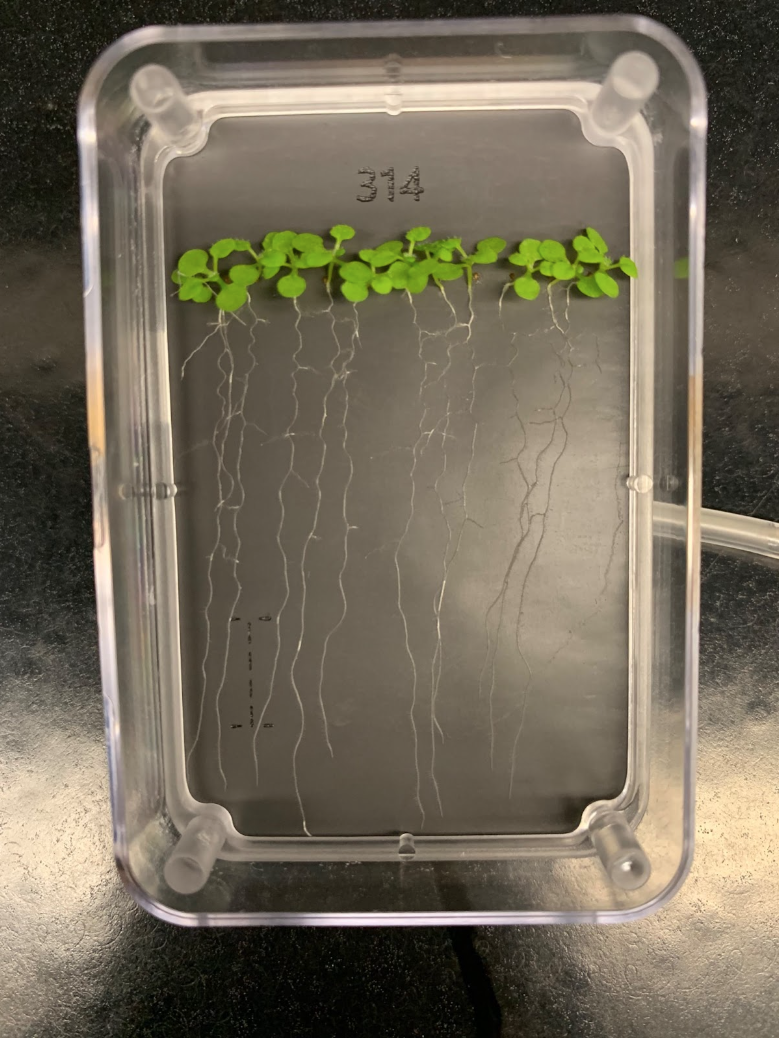
Courtesy of Eric Land
Last June, a team of NC State researchers sent plants on a journey most human beings will never take in their lifetime 一 a trip to the International Space Station on the SpaceX Dragon. The researchers aimed to examine the effects of microgravity on the model plant Arabidopsis thaliana.
The research team is led by Dr. Marcela Rojas-Pierce, a professor of plant and microbial biology and associate head of the plant and microbial biology department, and Dr. Imara Perera, a research professor of plant and microbial biology. Perera said this research is critical to understanding the effect of gravity on plants.
“I’ve had a long-standing interest in plant gravitational biology — the gravity stimulus,” Perera said. “This is the persistent and constant thing. We can’t get away from it. Light and gravity are primary signals for correct plant growth. We’ve been working on it for many years. Over the course of understanding what mechanisms are involved in how plants sense and communicate that information, we also wondered what would happen when you have to go outside of the environment where the gravity is reduced or removed.”
Eric Land, Perera’s research assistant and a doctoral candidate in plant biology, said their research can provide insight to optimize agricultural practices on earth.
“As we have more and more people, eventually we’ll need to grow crops and food sources in extreme environments,” Land said. “Perhaps by understanding this off-planet way of growing plants, we’ll have an added benefit of how to grow efficiently here.”
Dr. Terri Long, an associate professor of plant and microbial biology, said she is hopeful that this research will inspire creativity in solving climate change issues.
“It tells us that we can grow plants in unexpected places,” Long said. “It tells us we have more flexibility. That we have flexibility in terms of what we can do with plants, how we can grow them, what they can tolerate … We really can think outside the box in terms of how we’re going to use the research. We have to be able to provide enough food for everyone.”
Additionally, Long said she appreciates that women of color are leading important research.
“Although we still have a long way to go, what’s been really motivating for me is to see my colleagues, women of color that I can relate to,” Long said. “They have the training and they have the opportunity to do something that could save the world some day. They wouldn’t have had these opportunities 70, 80, 100 years ago.”
Land said overall, participating in the research team was a rewarding experience.
“My personal favorite [moment] was launch day,” Land said. “At the end of a long journey, doing the experiments over and over and over again, and you finally get it all together, and it gets packed, and you go out there at five-something in the morning, and you watch it leave the planet. I can’t really put into words how special that is.”
For more information and news on the research, check out the College of Agriculture and Life Sciences podcast episode and the CALS magazine.